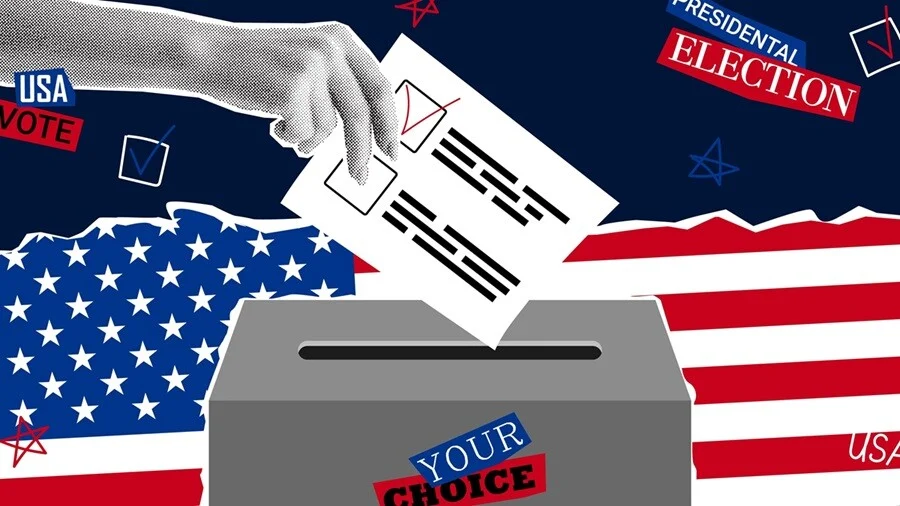
The world of recruitment is evolving rapidly, and artificial intelligence (AI) is at the heart of this transformation. With the power to streamline hiring processes, analyze candidates more effectively, and reduce human bias, AI is becoming an indispensable tool for HR professionals. But what does this mean for job seekers and recruiters? Let’s dive into the impact of AI on hiring and talent management.
AI’s roots date back to the mid-20th century with pioneers like Alan Turing, who posed the question: “Can machines think?” From this foundational question, AI evolved through phases of optimism and setbacks, known as “AI winters,” to its modern resurgence driven by advancements in machine learning and computational power.
One of the biggest challenges in recruitment is sifting through thousands of resumes to find the right candidates. AI-powered tools can analyze resumes in seconds, identifying the most relevant candidates based on job descriptions, required skills, and past experiences. This saves recruiters time and ensures that only the best applicants make it to the next stage.
Coordinating interviews between hiring managers and candidates can be a logistical nightmare. AI-driven scheduling tools automate this process by finding the best available slots for both parties, reducing delays and improving efficiency.
AI doesn’t just evaluate past experience; it can also predict future job performance. By analyzing data on previous hires, AI can assess which candidates are likely to succeed in a role, helping recruiters make data-driven hiring decisions.
AI-powered chatbots are now being used to interact with candidates, answer their questions, and provide real-time updates on their application status. This enhances the candidate experience and ensures they stay engaged throughout the hiring process.
One of the most promising benefits of AI in recruitment is its potential to reduce unconscious bias. AI can be trained to focus solely on skills and qualifications, rather than personal details like gender, ethnicity, or age, leading to a fairer hiring process.
While AI brings efficiency, it also raises concerns. How do we ensure AI-driven hiring remains fair? Can AI truly understand a candidate’s personality and cultural fit? Companies must carefully monitor AI algorithms to prevent biases and ensure transparency in decision-making.
As AI continues to evolve, it will play an even bigger role in HR, from employee onboarding to performance management and career development. However, human intuition and emotional intelligence will always be crucial in hiring, meaning AI should be used as a tool to assist rather than replace human recruiters.
As AI takes the driver’s seat in recruitment, job seekers and employers alike must consider the implications. Are we ready to let AI decide our careers? Share your thoughts in the comments!
